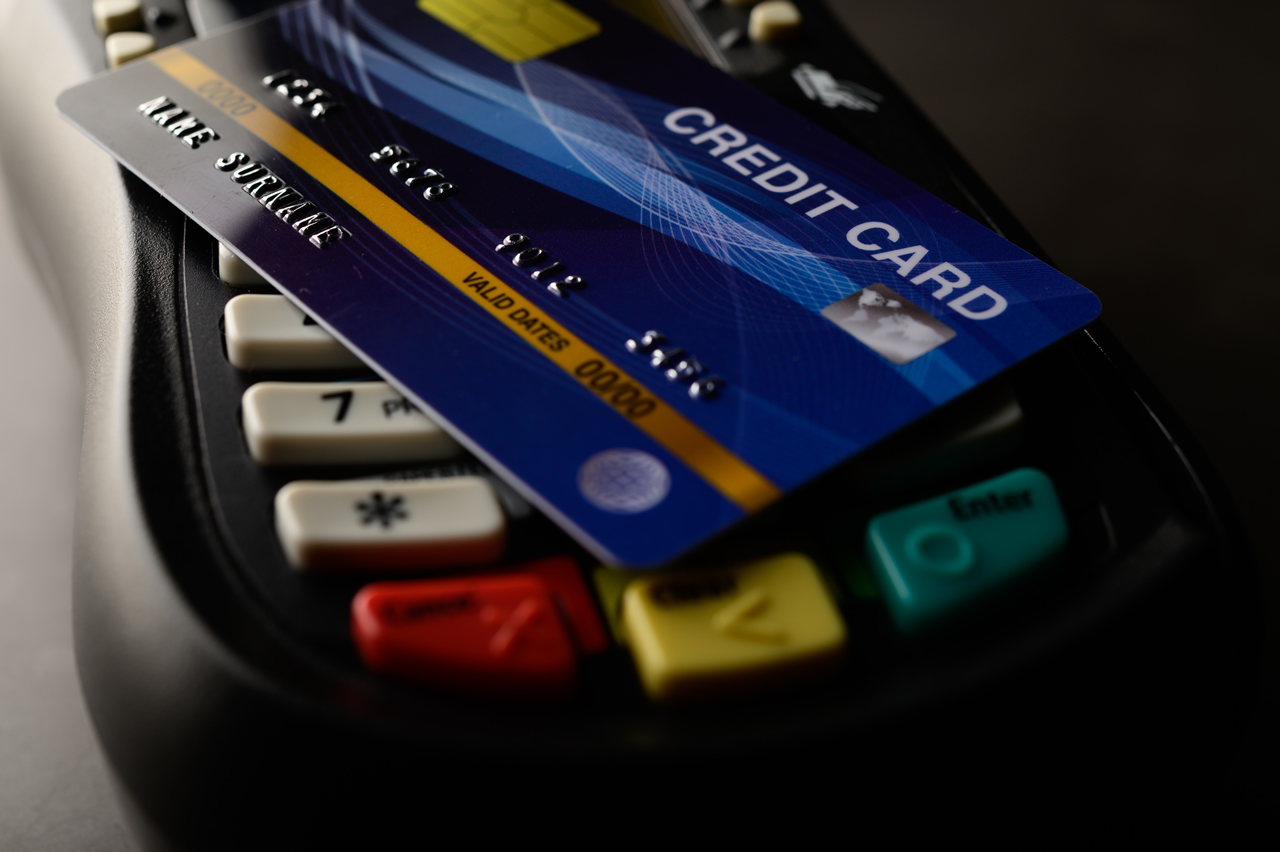When faced with mounting credit card debt, many individuals consider taking out a personal loan as a potential solution. While personal loans can offer advantages, it's essential to evaluate the pros and cons before making a decision. In this article, we will explore the factors to consider when deciding whether to take out a personal loan to pay off credit card debt, empowering you to make an informed financial choice.
1. Understanding Personal Loans and Credit Card Debt
1.1 What is a Personal Loan?
A personal loan is a type of installment loan that individuals can obtain from banks, credit unions, or online lenders. It provides a lump sum of money that is repaid over a fixed period, typically with interest.
1.2 Understanding Credit Card Debt
Credit card debt refers to the outstanding balances individuals accumulate by using their credit cards. This debt often comes with high-interest rates and flexible repayment terms.
2. Pros and Cons of Using a Personal Loan
2.1 Lower Interest Rates
One of the main advantages of using a personal loan to pay off credit card debt is the potential for lower interest rates. Personal loans generally come with lower interest rates compared to credit cards, which can help save money on interest payments over time.
2.2 Fixed Repayment Terms
Personal loans typically have fixed repayment terms, meaning borrowers know exactly when the debt will be paid off. This can provide a sense of structure and help with long-term financial planning.
2.3 Consolidation of Debt
Taking out a personal loan allows for the consolidation of multiple credit card debts into a single loan. This simplifies the repayment process, as borrowers only need to manage one monthly payment instead of multiple payments to different credit card accounts.
2.4 Potential Fees and Impact on Credit Score
It's important to consider any potential fees associated with personal loans, such as origination fees or prepayment penalties. Additionally, taking out a personal loan may have an initial negative impact on credit scores, although responsible repayment can help rebuild credit over time.

3. Factors to Consider
3.1 Financial Discipline and Budgeting Skills
Before opting for a personal loan, it's essential to assess your financial discipline and budgeting skills. Taking out a loan to pay off credit card debt can only be effective if you address the root cause of the debt and develop healthy financial habits.
3.2 Interest Rates and Loan Terms
Compare the interest rates and loan terms offered by different lenders. Look for personal loans with favorable terms that align with your financial goals. Consider the total cost of borrowing, including any fees or charges, to determine the most cost-effective option.
3.3 Debt Repayment Plan
Evaluate your debt repayment plan and assess whether a personal loan aligns
with your financial strategy. Consider factors such as the monthly payment amount, the duration of the loan, and the total interest paid over the repayment period.
3.4 Impact on Credit Score
Understand the potential impact on your credit score when taking out a personal loan. While it may initially cause a temporary dip, responsible loan repayment can positively affect your credit score in the long run.
Final Thoughts
Deciding whether to take out a personal loan to pay off credit card debt requires careful consideration of various factors. Assess your financial discipline, compare interest rates and loan terms, evaluate your debt repayment plan, and understand the impact on your credit score. By weighing the pros and cons, you can make an informed decision that aligns with your financial goals.
FAQs
- Will taking out a personal loan eliminate my credit card debt?
Taking out a personal loan can help consolidate credit card debt, but it does not eliminate the debt entirely. It transfers the debt to a different loan with potentially more favorable terms, making it easier to manage and pay off.
- Are personal loans always a better option than credit card debt?
Personal loans may be a better option than credit card debt due to their potentially lower interest rates and fixed repayment terms. However, it ultimately depends on individual circumstances and financial goals.
- Can I use a personal loan for other purposes besides paying off credit card debt?
Yes, personal loans can be used for various purposes, such as home improvements, medical expenses, or debt consolidation. It's important to assess the terms and conditions of the loan and ensure it aligns with your intended use.
- Will taking out a personal loan affect my ability to get new credit in the future?
Taking out a personal loan may temporarily impact your credit score and borrowing capacity. However, responsible repayment and maintaining a good credit history can help rebuild your creditworthiness over time.
- Should I consult a financial advisor before taking out a personal loan?
Consulting a financial advisor can provide personalized guidance based on your specific financial situation. They can help you assess the pros and cons, evaluate alternatives, and make an informed decision.


